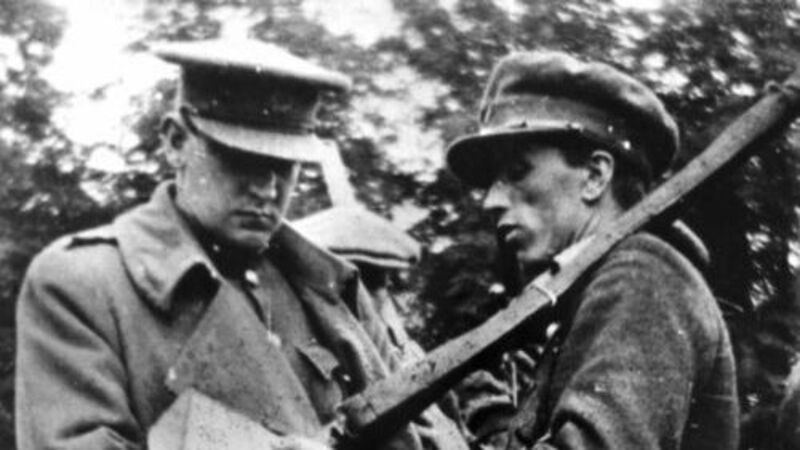Tit-for-tat — How Churchill used hostages as a bargaining chip for the release of policemen kidnapped in the North

“The time has come when it is not unfair, not premature, and not impatient for us to make to this strengthened Irish government and new Irish parliament a request, in express terms, that this sort of thing must come to an end,” Churchill told parliament.
“If it does not come to an end, if either from weakness, from want of courage, or for some other even less creditable reasons, it is not brought to an end, and a speedy end, then it is my duty to say, on behalf of his majesty’s government, that we shall regard the treaty as having been formally violated, that we shall take no steps to carry out or legalise its further stages, and that we shall resume full liberty of action in any direction that may seem proper.”













